Since the beginning of the 13th Congress term, 50 officials under the Central Committee’s management (4 times higher than the 11th Congress term...) have been disciplined. This shows that the fight against “internal invaders” has been strongly led and directed by the Party, resolutely implemented, achieved many comprehensive results and made new breakthroughs at both the central and local levels.
However, the degradation of a number of cadres as well as shortcomings in cadre work still make public opinion indignant, raising urgent demands for the issue of power control. Recently, the discovery of Mr. Nguyen Cong Thang, Chairman of the Inspection Committee of the Bac Ninh Provincial Party Committee, using a fake degree has once again made public opinion ache about the "loopholes" in the cadre work process. It is ache because the head of the Provincial Party Committee's inspection agency has acted shady in "beautifying" his profile, "painting" his educational qualifications to "go deep and climb high". Public opinion also raises the issue of the responsibility of related organizations and individuals in advising, commenting, evaluating, and appointing this case.
The issue of power control has been raised by the Central Committee since many Party Congresses, closely linked to the work of Party building and rectification. In particular, since the 12th and 13th Congresses, this issue has been viewed with new thinking and awareness. Most recently, on July 11, 2023, the Politburo issued Regulation No. 114-QD/TU on power control and prevention and combat of corruption and negativity in personnel work (replacing Regulation No. 205-QD/TU dated September 23, 2019 of the Politburo on power control in personnel work and combating the practice of buying and selling positions and power). Then, on October 27, 2023, the Politburo issued Regulation No. 131-QD/TU on power control, prevention and combat of corruption and negativity in inspection, supervision, Party discipline enforcement and in inspection and auditing activities; Regulation No. 132-QD/TU on controlling power, preventing and combating corruption and negativity in investigation, prosecution, trial and execution of judgments.
Regulation No. 114-QD/TU specifies 19 acts of corruption and negativity in personnel work. Regulation No. 131-QD/TU specifies 22 manifestations of corruption and negativity in the fields of inspection, supervision, Party discipline enforcement, and inspection and auditing activities. Regulation No. 132-QD/TU specifies 28 manifestations of abuse of position and power, abuse of power, corruption, and negativity in investigation, prosecution, trial, and execution of judgments. Specifying manifestations of negative and corrupt acts in regulations is the basis for competent agencies, organizations, and people to identify and fight against.
The regulations have inherited, developed, and supplemented contents to synchronize with new regulations as well as the current situation of personnel work, in order to control power, prevent and combat corruption in personnel work as well as in inspection, supervision, inspection, auditing, investigation, prosecution, trial, and execution of judgments, etc. Thus, it can be seen that the above 3 regulations continue to affirm the Party's determination in controlling power and preventing corruption in areas of special importance. These regulations will help Party organizations, cadres, and Party members in charge of important tasks to self-reflect, self-correct, and avoid making mistakes and violations.
It is inevitable that our Party pays deep attention to the content of power control in personnel work, inspection, supervision, investigation, trial, execution of judgments, etc., because power always has two sides. On the one hand, it is an effective tool that affects the effectiveness of leadership and direction. On the other hand, power will be at risk of degeneration if there is no effective control. When power is not tightly controlled, it will lead to abuse of power, abuse of power, and exploitation of power. That is the origin of the "diseases" that degenerate and change the cadre team.
In the conditions of the ruling Party, President Ho Chi Minh was very concerned about the issue of controlling power when giving it to cadres and party members. Because, "cadres of agencies and organizations, high-ranking, have great power, low-ranking, have little power. Whether big or small, having power but lacking conscience is an opportunity to exploit, to take bribes, to "use public services for private gain". Therefore, if the inspection is organized carefully, it is like having a "headlight", so many situations, so many advantages and disadvantages, so many cadres we can see clearly. It can be said that: Nine-tenths of the shortcomings in our work are due to lack of inspection". According to President Ho Chi Minh, to control power, there must be two things: "First, the control must be systematic, must be done regularly. Second, the person doing the inspection must be a very prestigious person".
Affirming that the Party's inspection and supervision work is the "magic sword to heal wounds", General Secretary Nguyen Phu Trong expressed the need to encourage and protect cadres, party members, and leaders who dare to think, dare to do, dare to take responsibility for the country's development... to fight against the ideology of "the crab relies on its claws, the fish relies on its fins".
It can be seen that, along with the continuous promotion of the fight against corruption and negativity throughout the country in order to build a truly clean and strong political system, our Party is increasingly determined to prevent and combat corruption and negativity in personnel work, inspection, supervision, investigation, and trial work... The country is in a new stage of development with many opportunities and challenges always intertwined, requiring cadres at all levels to be talented, have revolutionary ethics, dare to think, dare to do, for the common interests of the country and the people. With the efforts of the entire political system, Regulation No. 114-QD/TU, Regulation No. 131-QD/TU, Regulation No. 132-QD/TU and the Party's regulations will certainly be implemented resolutely, effectively controlling power, contributing to preventing and fighting corruption, building a contingent of cadres, especially strategic-level cadres, who truly have qualities, capacity, prestige, and are equal to their tasks, as set out in the Resolution of the 13th National Congress.
Source


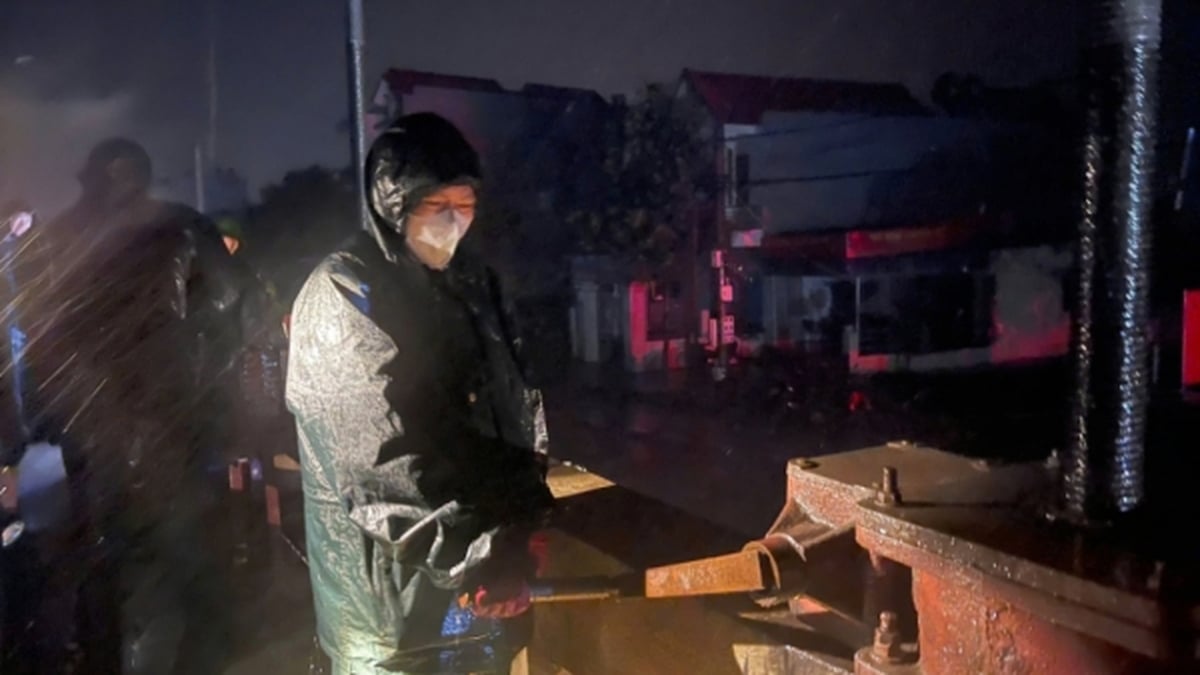

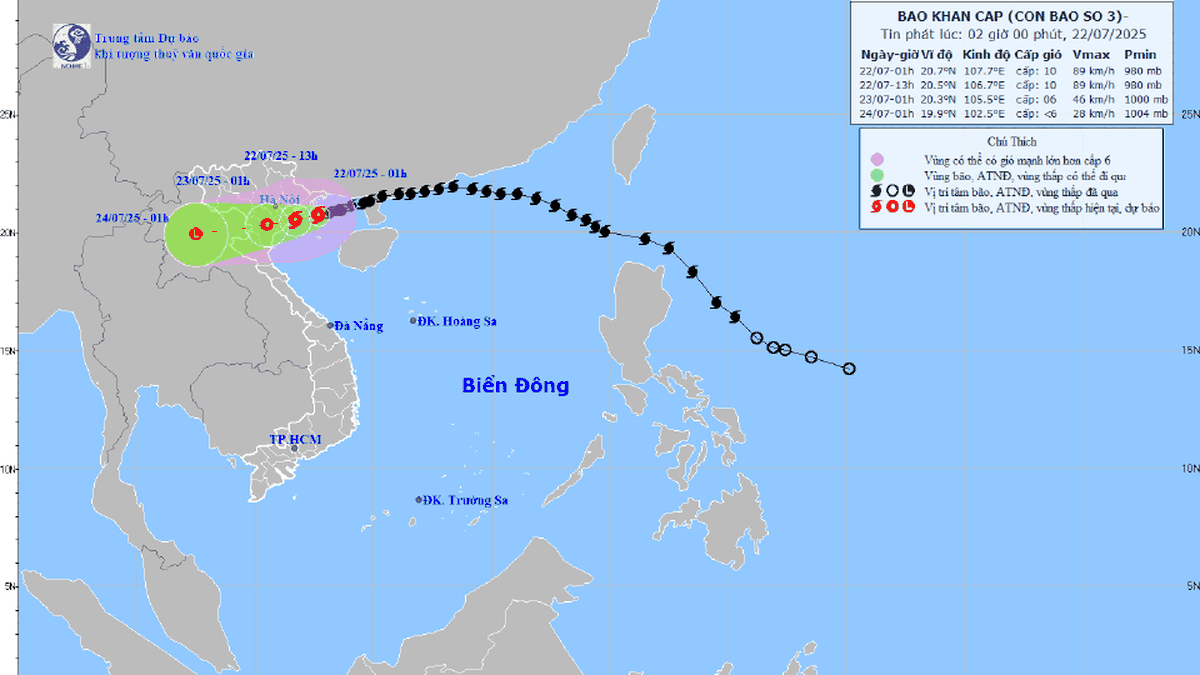
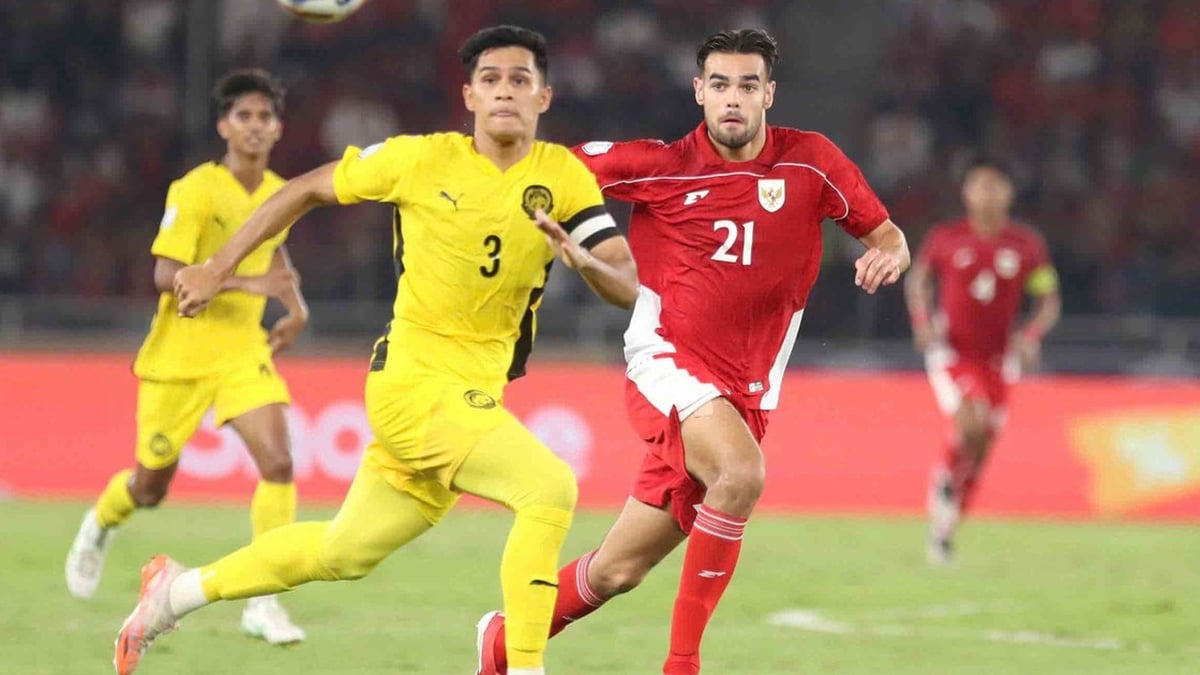

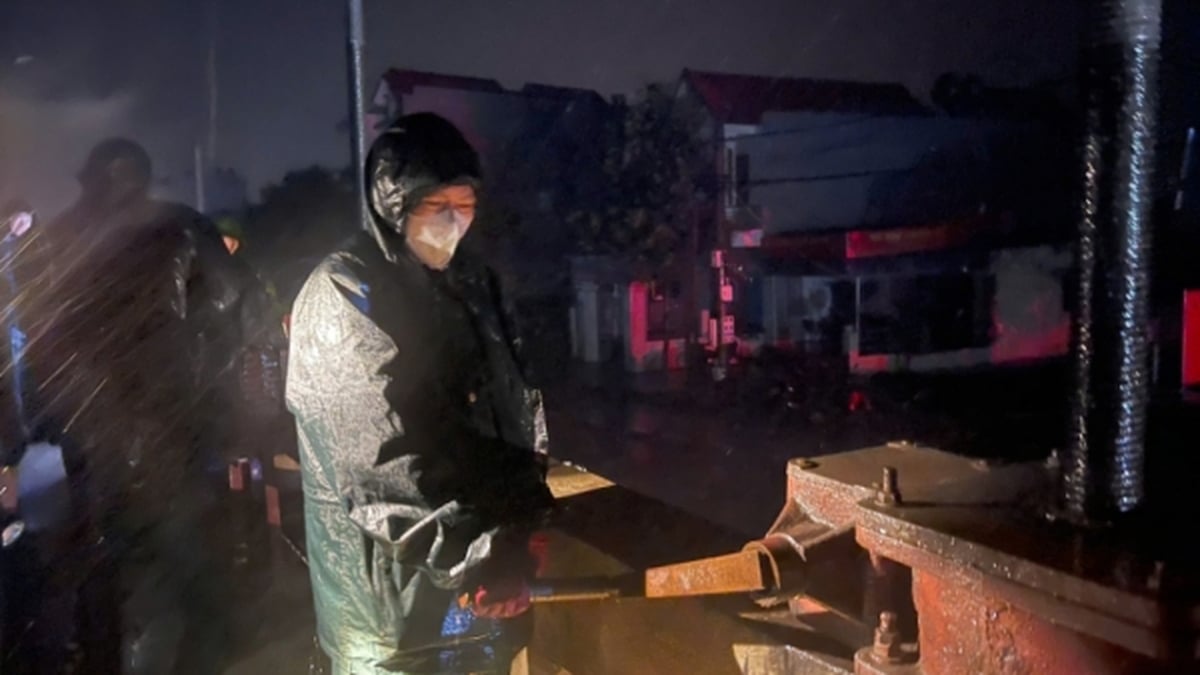


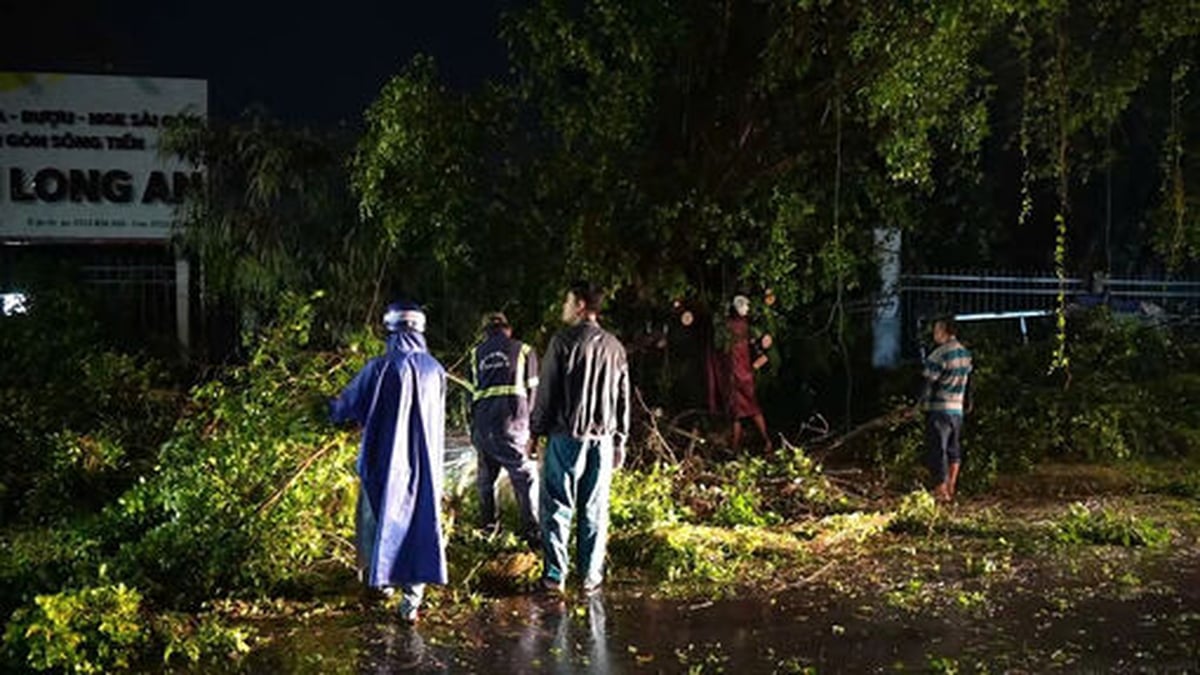
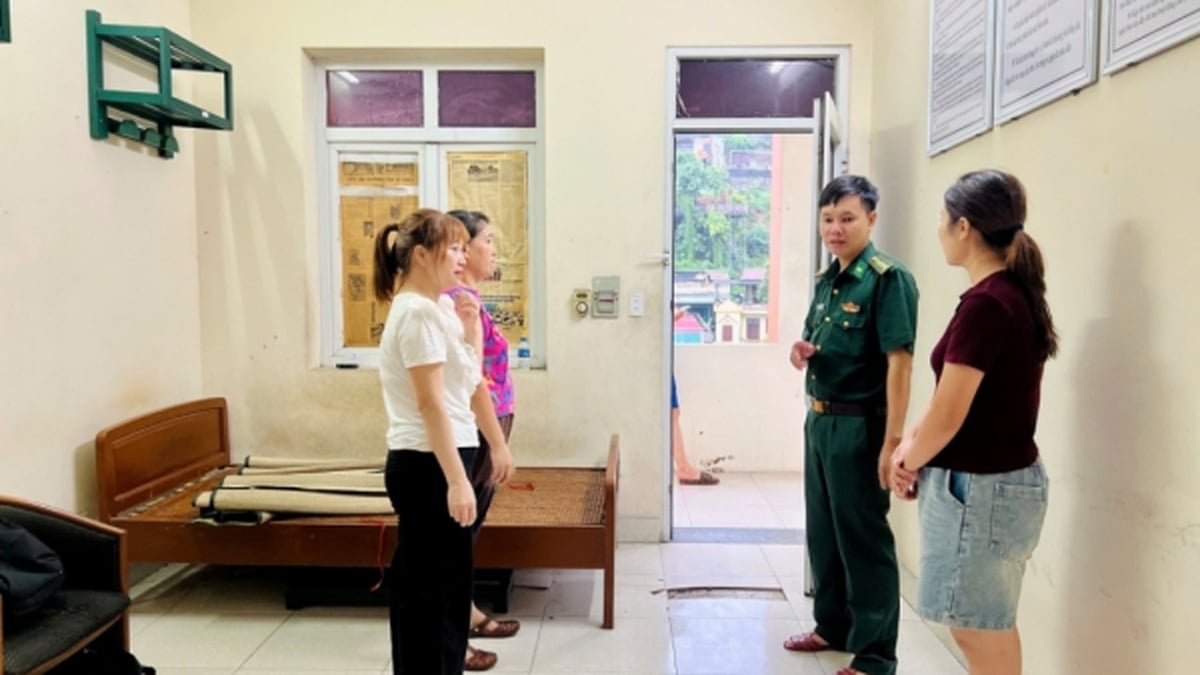












![[Photo] National Assembly Chairman Tran Thanh Man visits Vietnamese Heroic Mother Ta Thi Tran](https://vphoto.vietnam.vn/thumb/1200x675/vietnam/resource/IMAGE/2025/7/20/765c0bd057dd44ad83ab89fe0255b783)












































































Comment (0)